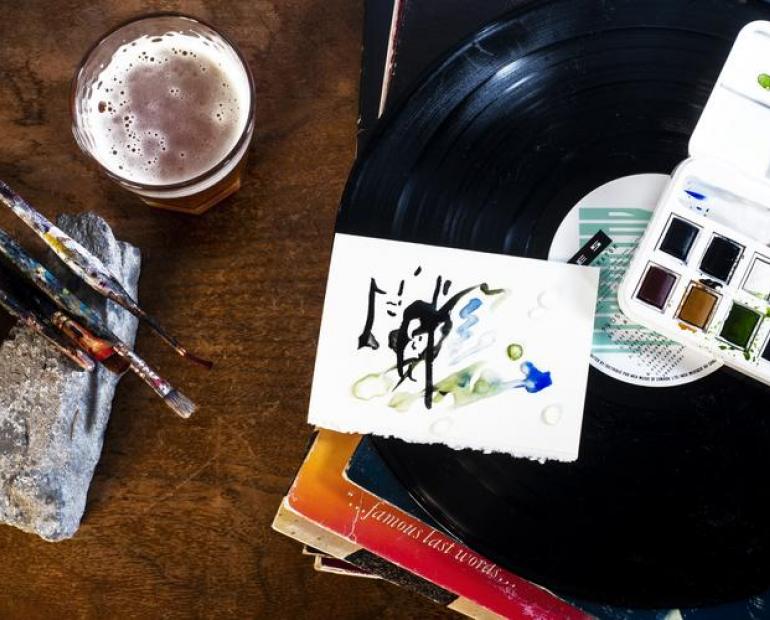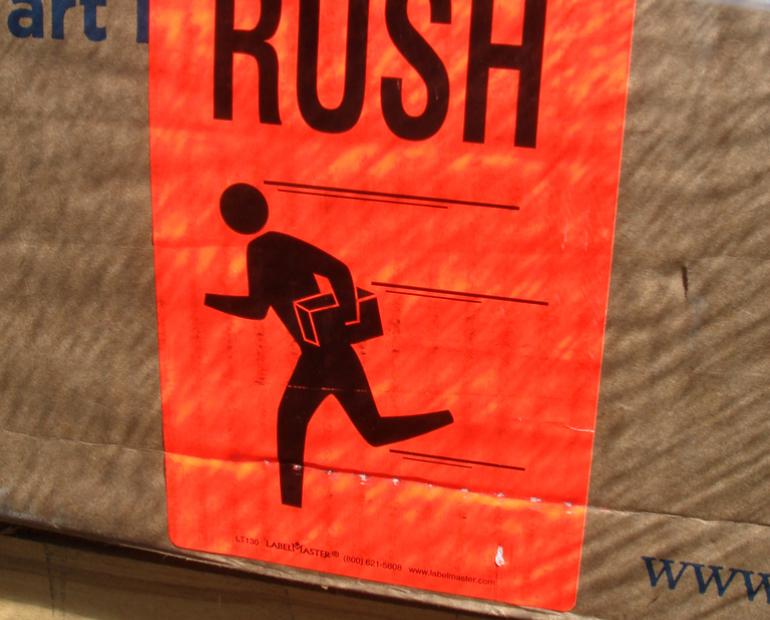People who are vaccinated protect those who are not. So even if children and young people will be some of the last to receive COVID-19 vaccines, their access to education, health and protection services will continue to be impacted if we don’t take collective measures.
When our grandparents, health workers, teachers and other workers who provide essential services for children are vaccinated, they are helping build a better, safer, healthier future for us ALL.
Each of us can help build trust on COVID-19 vaccines. These are only some of the ways you can fight misinformation and ensure the safe and equitable distribution o COVID-19 vaccines for all:
1. Learn the facts about vaccines
Vaccines are safe and effective; they are among the greatest advances of modern medicine. Since the late 18th century, they have reduced the scourge of diseases such as polio, measles and smallpox, saving millions of lives.
Did you know that measles immunizations have saved the lives of an estimated 23.2 million children between 2000 and 2018? And maternal and neonatal tetanus, which is fatal in newborns, has been eliminated in all but 12 countries as of July 2019 thanks to vaccines.
Like other vaccines, the COVID-19 one acts as a protective shield, keeping families and communities safe.

You can access facts through U-Report's COVID-19 Vaccine Information Chatbot using WhatsApp or Facebook Messenger:
WhatsApp: Send the message “COVID19VAX” to +66 80 024 9442.
Facebook Messenger: Send the message ‘COVID19VAX’ using Facebook Messenger at http://m.me/UReportGlobal
Viber: send the word ‘COVID19VAX’ through https://tinyurl.com/53v3jf92
Have you heard rumors that reduce your trust in COVID-19 vaccines? Not sure where to find accurate and reliable information? Understanding what is true can be challenging, but you can check trustworthy sources like the health authorities in your country, UNICEF and the World Health Organization.
Check out these common questions and answers about the COVID-19 vaccine.
2. Help show that vaccines work
Celebrate family members and friends receiving the vaccine by posting a picture of them holding up a v-sign on social media. ✌️
This could be with a sleeve rolled up, plaster showing, holding up a vaccination card or smiling outside a clinic.
Include a message about why the vaccine is important to you with the hashtag #VACCINATED and tag @unicef.
Looking for inspiration? Check out UNICEF's Instagram account.

3. Learn what to do if a friend or family member is spreading misinformation
Telling someone you love that something they shared about COVID-19 vaccines might not be true can feel awkward or uncomfortable 😬 but misinformation can threaten people’s confidence in taking the vaccine, and without trust, any COVID-19 vaccine will be useless.
Trying to understand others and being humble is much more effective than shaming them –we all get things wrong sometimes!

Really listen to what they are sharing and be on the lookout to see if it's misinformation (false information that’s shared by people who don’t realize it is false and don’t mean any harm), disinformation (deliberately engineered and disseminated false information with malicious intent) or a rumor. Ask yourself the following questions:
- Where does the misinformation come from?
- Who created this content? When was it spread?
- Why was it created?
This way you can understand better where it all came from and respond accordingly.
Then, ask yourself: should I engage in this conversation? Sometimes, engaging with misinformation can backfire and create even more noise. If you believe it is a safe environment for you to engage, be prepared to share relevant information and facts from reputable sources.
If they are sharing misinformation in their social media profiles or in a group chat you may want to approach them privately first – in person or via direct message.
They are more likely to be receptive if they don’t feel publicly embarrassed.
Don’t accuse them of spreading misinformation. Instead point out to them that the story or advice they shared doesn’t look like it came from a trustworthy source OR that it is not the most accurate.
Point them to reliable and trustworthy sources like the health authorities in your country, UNICEF and the World Health Organization, and encourage them to follow these organizations for up-to-date and accurate information.

4. Don't let your guard down
As vaccines become available, we mustn’t become complacent. To slow the spread of COVID-19, we must continue to wear masks, wash our hands with soap regularly and practice physical distancing.
5. Share your opinion
Help us understand how you feel about the COVID-19 vaccine.
Join this U-Report poll to share your opinion. Text “COVIDVAXPOLL” through: Facebook | WhatsApp | Viber
Do you enjoy blogging, creating visual content or writing poems? You can also share your views on how to make vaccines available for all by submitting your content through Voices of Youth, like Ridhi, from Thailand:
“The growing anti-vaccination rhetoric is putting us at risk from deadly diseases that should have been eradicated completely in this day and age. No one should have to suffer from a disease that vaccines could safely prevent. No one.”






